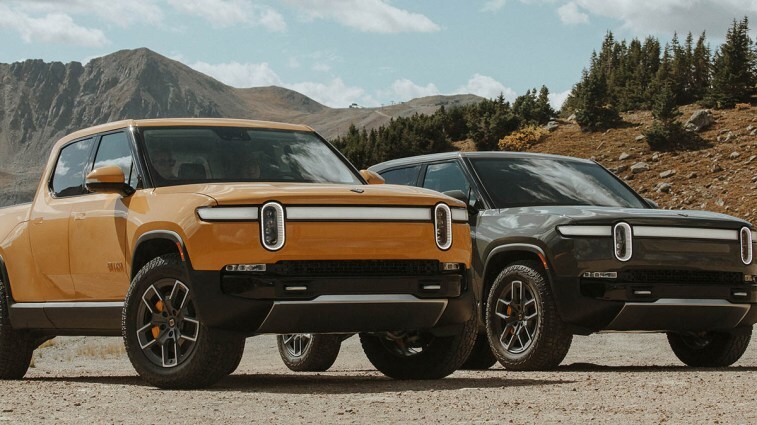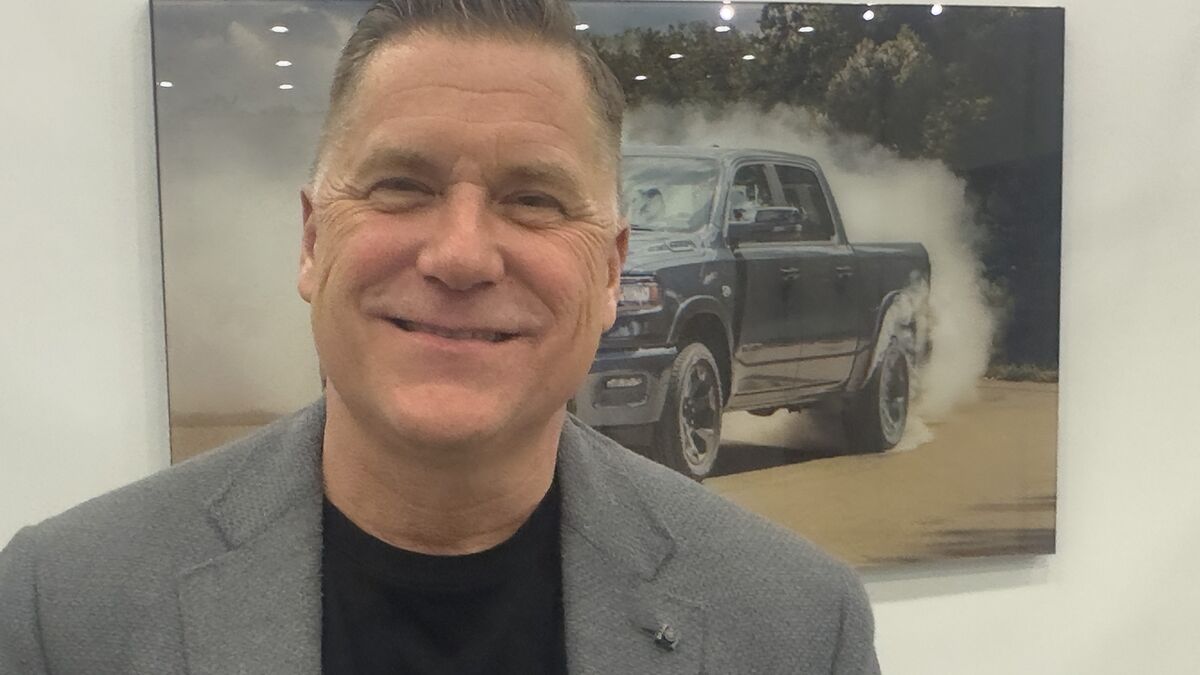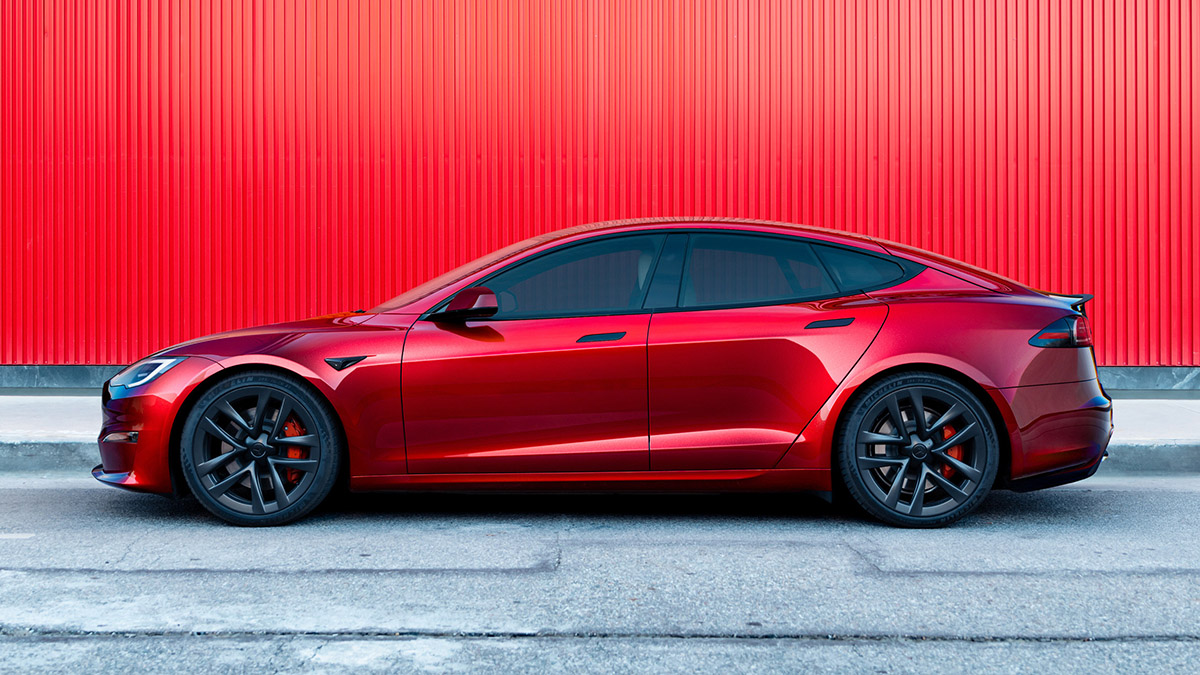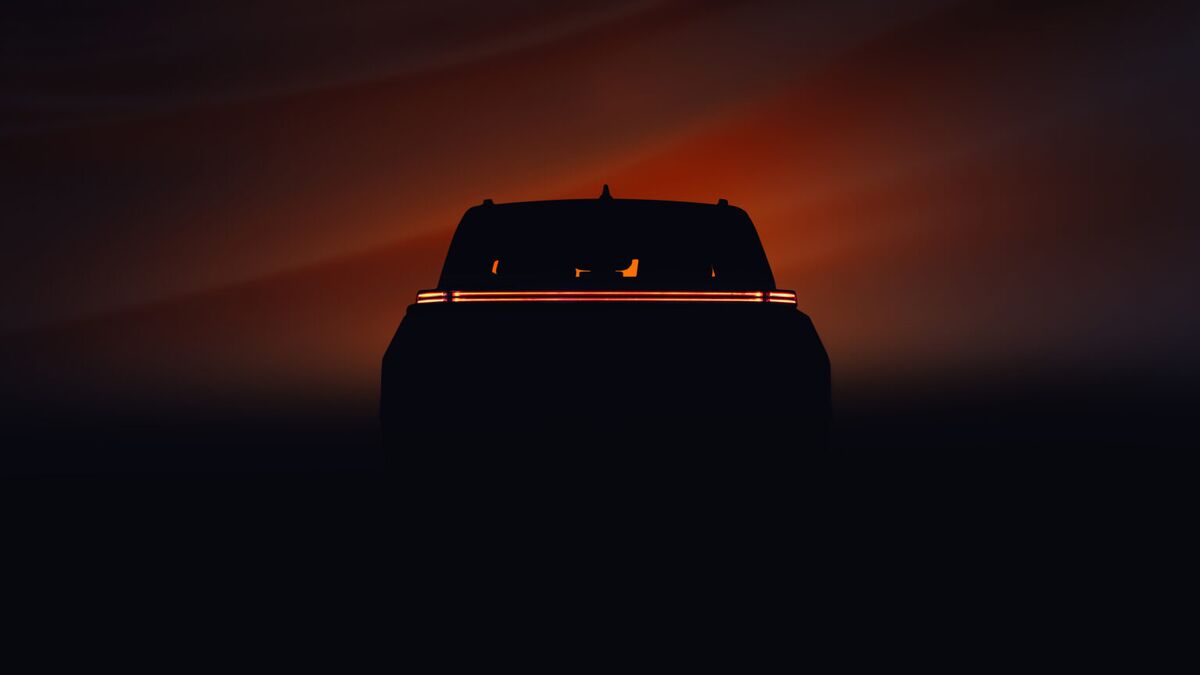
Today we signed an agreement with @Tesla to adopt the North American Charging Standard. This opens charging for Rivian vehicles on Tesla's Supercharger network across the United States and Canada. Access starts as soon as Spring 2024. https://t.co/Z5SBOFytgy pic.twitter.com/fWOMNtpkYs
— Rivian (@Rivian) June 20, 2023
Different Plugs, Different Networks
Not every electric car can use every electric car charger.
Tesla maintains a separate charging station network and builds its cars with a proprietary plug. Last year, the company proposed other automakers shift to its plug, the North American Charging Standard (NACS). At the time, no one took them up on it.
Until recently, almost all other electric vehicles (EVs) sold in the U.S. used a different plug called the Combined Charging System, or CCS. Several rival companies have built CCS-based charging networks. But none are as extensive as Tesla’s massive Supercharger network.
None are as reliable, either. One recent study showed that over 20% of charging attempts fail due to broken chargers or malfunctioning payment systems. Tesla owners reported far fewer problems with their charging ecosystem.
So, last month, Ford announced plans to adopt the Tesla plug and join the Supercharger network. GM followed just a few weeks later.
That announcement may have broken open a dam.
Rivian announced this morning that it will adopt the NACS plug “as soon as Spring 2024.” The company says it will make adapters available to those who already own a CCS-equipped Rivian truck, enabling them to use the Supercharger network.
Stellantis, meanwhile, tells Reuters, “We continue to evaluate the NACS standard and look forward to discussing more in the future.”
European and Asian Automakers Holding Out So Far
The moves don’t create a single nationwide charging standard. Most European and Asian automakers, for now, continue to sell CCS-based EVs in the U.S.
But they may be forced to make a move soon to stay competitive. Dealers selling Tesla, GM, Ford, and now Rivian products can promise buyers access to every charger they see (with the help of adapters in some cases). Other automakers must tell shoppers they’re limited to CCS-based networks and don’t have access to the most extensive charging network.
That competitive reason alone may be enough to get the rest on board.
Cox Automotive, parent company of Kelley Blue Book and Autotrader, made a $350 million equity investment in Rivian in September 2019.







